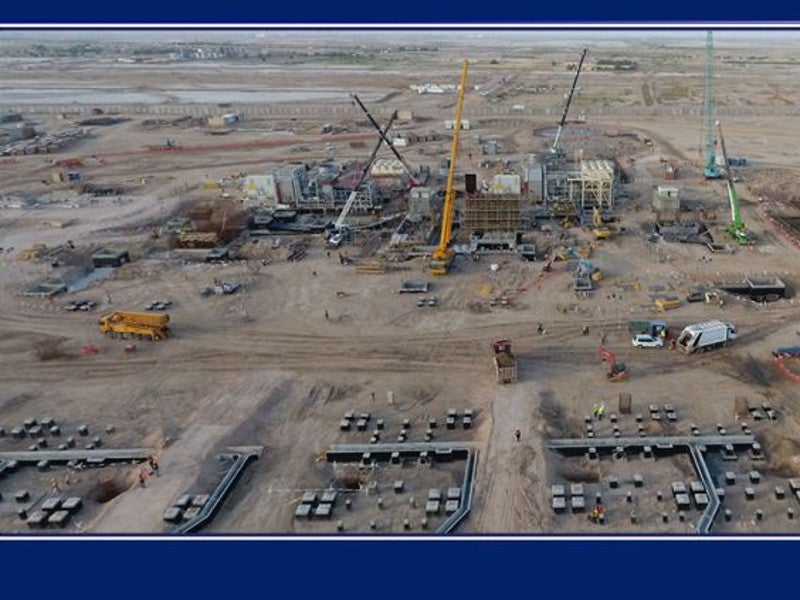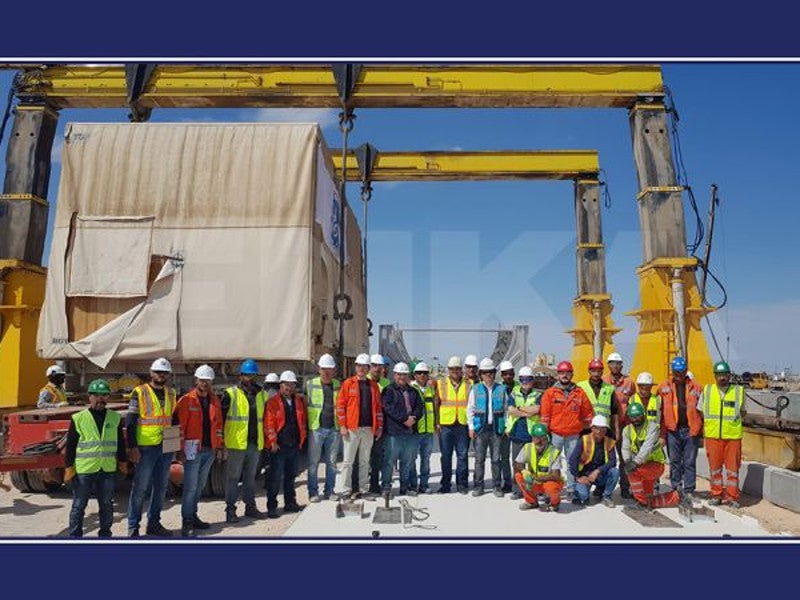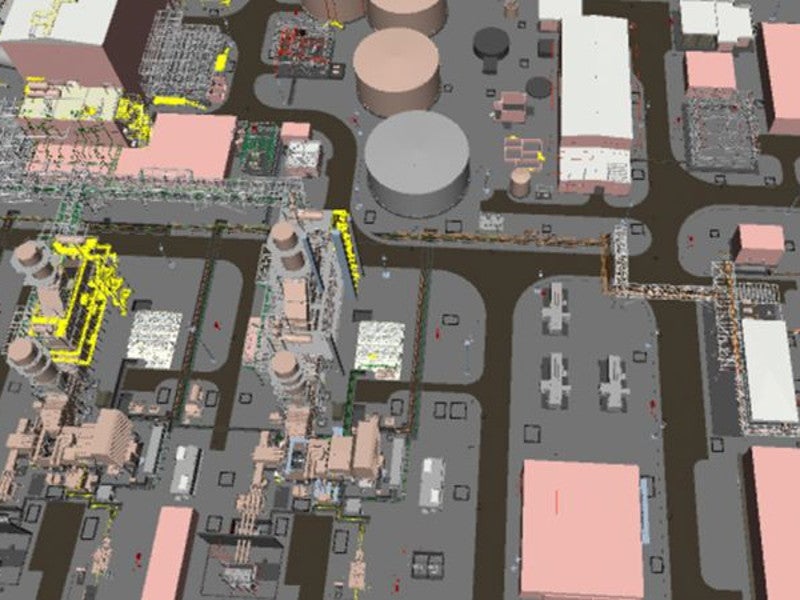Dhi Qar combined-cycle power plant is a 750MW gas-fired power project under construction at Nasiriyah, Dhi Qar Governorate, Iraq.
Being developed in two phases, the Dhi Qar power plant will be owned and operated by the Ministry of Electricity of Iraq.
The engineering, procurement and construction (EPC) contract for the project was awarded in January 2017. Site mobilisation works were initiated in the same year, while construction works were started in early-2019.
Scheduled to commence operations in December 2010, the first phase of the project involves a 432MW simple-cycle gas-fired power plant along with associated infrastructure.
The power plant will be converted for combined-cycle operations in phase two, which is expected to be completed in March 2022.
The Dhi Qar power project is being developed as part of Iraq’s goal to meet its electricity shortfall during peak summer demand.
Location and site details
The Dhi Qar power plant is being developed on a 30ha-site near Nasiriyah, approximately 230km north-west of Basra, in southern Iraq.
The site is surrounded by the Baghdad-Basra railway to the north and a 400kV transmission line to the west.
Dhi Qar refinery is located approximately 4.7km north-west to the site, while the Euphrates River is the closest water source located 1km north.
Dhi Qar combined-cycle power plant make-up
The Dhi Qar combined-cycle power plant will comprise a single power block equipped with four GE 9E series combustion turbines, four heat recovery steam generators (HRSG), and a 250MW steam turbine generator.
Natural gas will be the primary fuel for the plant, while light distilled oil (LDO) and crude oil will be used as back-up fuels.
Each combustion turbine will be paired with an HRSG to recover and convert the exhaust energy into steam for additional power generation by the steam turbine generator.
The plant will utilise air-cooled condenser system (ACC) for cooling.
Dhi Qar power plant development details
The phase one development of the project includes the installation of four GE 9E series gas turbines, an air condenser, a 132kV air-insulated substation, water and wastewater treatment facilities, fuel storage facility, and an access road.
All four combustion turbine generators were delivered at the plant site in March 2019. The first phase will also include the construction of two overhead transmission lines, and short pipeline connections to the plant site by Ministry of Oil, Iraq.
In phase two, four HRSGs as well as the 250MW steam turbine along with the water steam cycle, and a 400kV gas-insulated substation (GIS) will be installed, to increase the plant’s capacity to 750MW.
Power transmission
The electricity generated by the Dhi Qar power plant will be evacuated through two 400kV overhead transmission lines.
One of the lines will run 1km from the plant site to connect with the nearby Nasiriyah power station, while the other line will stretch approximately 176km to connect to an existing grid north of Nasiriyah.
Financing
UK Export Finance (UKEF) agreed to provide £239m ($310m) of buyer credit and direct lending for the phase one of the Dhi Qar power project in May 2019.
The other lenders for the project are Standard Chartered Bank and JP Morgan.
Contractors involved
General Electric (GE) and ENKA UK Construction, a subsidiary of Turkish construction group ENKA, was awarded the turnkey EPC contract for the Dhi Qar combined-cycle power plant in January 2017.
GE is responsible for the supply of turbine generators, HRSG, ACC, as well as distributed control system and the switchyard, while ENKA is in charge of the engineering and procurement of balance-of-plant, as well as construction, commissioning, and start-up of the plant.
Kasktaş, a subsidiary of ENKA, was engaged to supervise the geotechnical works for the project.





